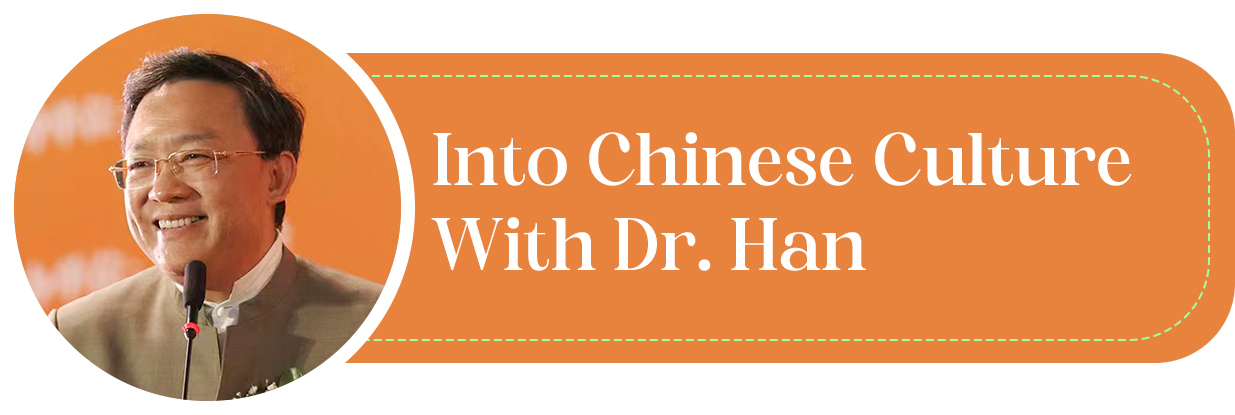Classic Chinese stories: Loyalty and forgiveness
Writer: Han Wangxi | Editor: Zhang Chanwen | From: Shenzhen Daily

One day, Confucius finished his class and left. The students asked Zengzi, “What did the master talk about today?” Zengzi said, “He taught us the principles of loyalty, devotion, reciprocity, empathy and forgiveness.”
Devotion and reciprocity mean “If you want to establish yourself, help others establish themselves; if you want to succeed, help others succeed.” I want to establish myself in this world, I want to prosper in this world, and I hope everyone in the world can achieve this.
Empathy and forgiveness mean “Do not do unto others what you do not want done to yourself.” I do not want others to impose things on me, and I do not want to impose things on others. This has something in common with the Western saying, “Treat others as you want to be treated.”
Here is a story of “loyalty and devotion,” a story about the Duke of Zhou. The duke, whose name was Ji Dan, was the younger brother of King Wu of the Zhou Dynasty (1046-256 B.C.). He was known for his filial piety during the lifetime of his father, King Wen, and stood out among his siblings. After King Wen passed away, King Wu succeeded to the throne and Duke of Zhou assisted him wholeheartedly in overthrowing the Shang Dynasty (1600-1046 B.C.) and establishing the Zhou Dynasty.
One day, the duke was about to send his son Qin to the State of Lu to take up a title. Before Qin left, the duke admonished him, saying, “I am a son of King Wen, the younger brother of King Wu, and the uncle of King Cheng. I have been appointed to assist in the government, and can be considered one of the most important figures in the world.
“However, I often grab my wet hair when washing it to welcome guests, and sometimes stop eating during meals to greet visitors. Why am I in such a hurry? It is because I don’t want to miss talented visitors, for talents are the foundation of governing a country! When you arrive at the State of Lu, you must do your best to govern it and not be arrogant just because you have been granted a fiefdom. You must respect talents and work hard.”
Next is a story of “empathy and forgiveness.” Yu Liang, a famous scholar in the Eastern Jin Dynasty (317-420), was known for his profound knowledge and virtue. He had a horse called Lu which had a strong temperament. Legend had it that riding such a horse would bring bad luck and lead to an untimely death.
A friend advised Yu to sell the horse as it might harm him, but he replied: “If I sell it, someone else will buy it, and then it will harm its new owner. Should I transfer my danger to other persons? How can I shift things that are unfavorable to me onto other people? How can I be a gentleman or a morally upright person if I act like that?”
The principles of loyalty, devotion, reciprocity, empathy and forgiveness are the same as the golden rules found in other cultures over the world. There is a Jewish proverb that says, “Do not ask others to do what you would not do.” Ancient India also has a similar saying: “Do not do to others what you do not want done to yourself.”
An Arab proverb also states that if you like something, you should like others to get it, and if you find something painful, you should think of it as painful for all others as well. This idea is the same as the Confucian value in China, which is “Do not do unto others what you do not want done to yourself.” This sentence seems simple, but it is the highest moral guidance for promoting human harmony.
(The author is a cultural scholar.)
(Translated by Cao Zhen)